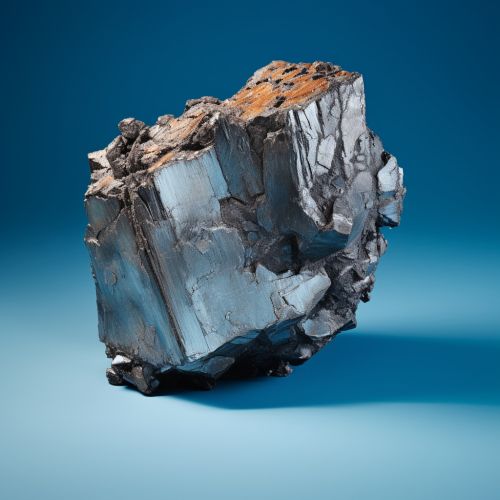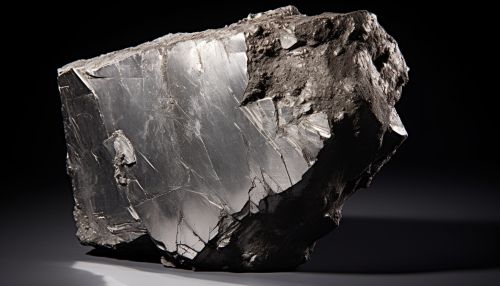Cesium
Introduction
Cesium (or caesium) is a chemical element with the symbol Cs and atomic number 55. It is a soft, silvery-gold alkali metal with a melting point of 28.5 °C (83.3 °F), which makes it one of only five elemental metals that are liquid at or near room temperature. Alkali metals are a group of chemical elements from the s-block of the periodic table, characterized by their highly reactive properties.
Physical Properties
Cesium is notable for its physical properties. It is one of the few metals that are liquid near room temperature, having the second lowest melting point of all metallic elements. It is an extremely soft metal, with a hardness comparable to that of lithium, and it can be cut with a knife. Cesium is known for its distinctive golden color, which is unusual for a metal. The density of cesium is 1.93 g/cm³, which is significantly lower than that of most other metals.


Chemical Properties
Cesium is highly reactive, reacting explosively with water and ice at any temperature above -116 °C. It also reacts with air and can spontaneously ignite. In its elemental form, cesium is not found naturally due to its high reactivity. Instead, it is typically found in mineral compounds. The most common cesium-bearing mineral is pollucite, a cesium-rich member of the zeolite family.
Isotopes
Cesium has a number of isotopes, the most notable of which is cesium-133, which is used in the definition of the second. Other isotopes of cesium are used in a variety of applications, including medical treatments and geological dating. Cesium-137 is a radioactive isotope produced by nuclear fission, and it is a significant source of radiation in the environment following nuclear accidents.
Uses
Cesium has several uses in a variety of industries. It is used in atomic clocks, which are the most accurate timekeeping devices known to man. Cesium is also used in the production of photoelectric cells due to its ability to ionize air, making it useful in the removal of oxygen. In addition, cesium is used in drilling fluids in the petroleum industry, and in the production of certain types of glass and ceramics.
Health Effects
Exposure to cesium can have several health effects. Cesium compounds are mildly toxic when ingested, and can cause nausea, vomiting, and diarrhea. The radioactive isotopes of cesium, particularly cesium-137, can be hazardous and require special handling. In the environment, cesium-137 can contaminate soil and water, and can enter the food chain, posing a risk to human health.
